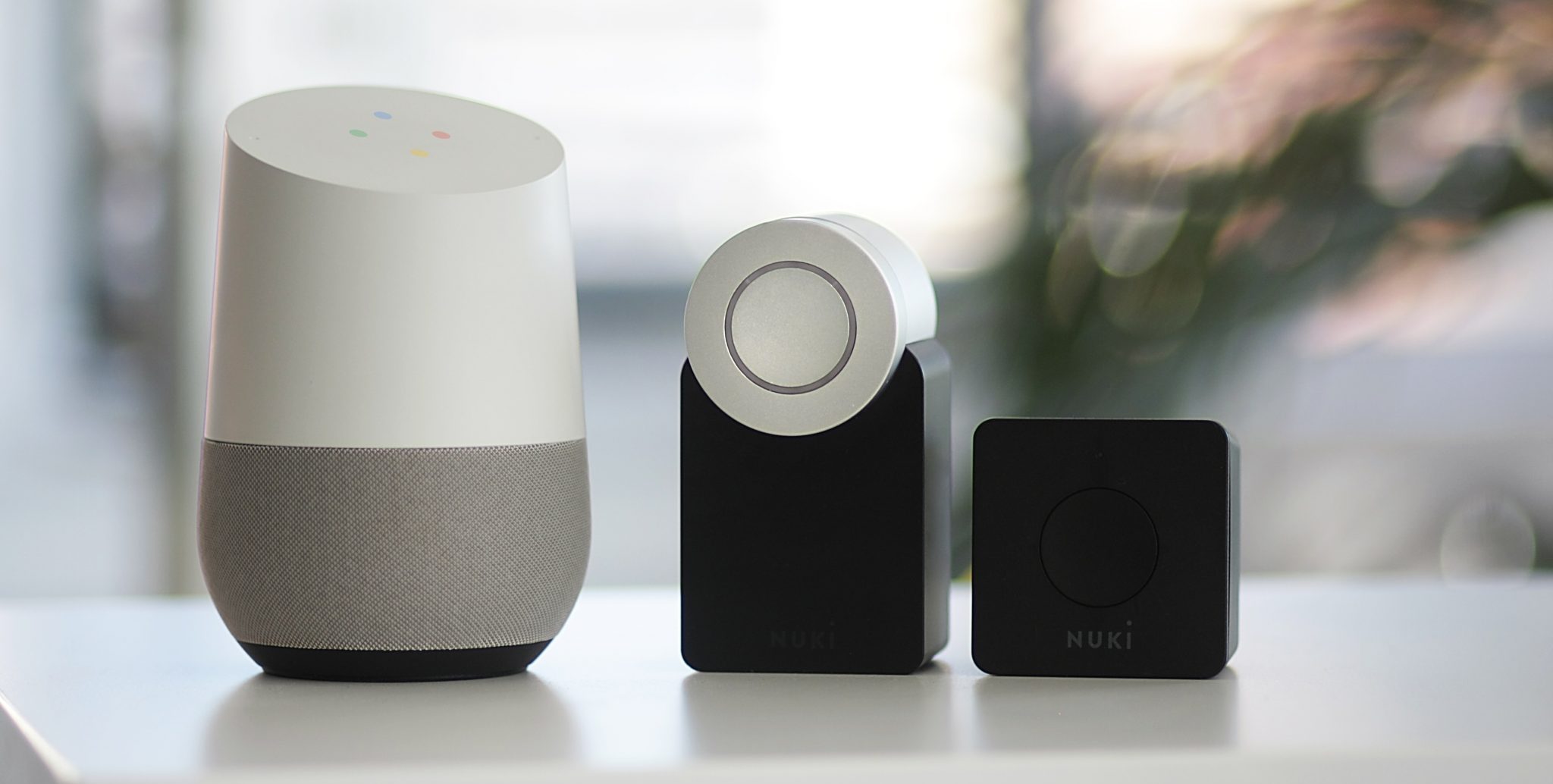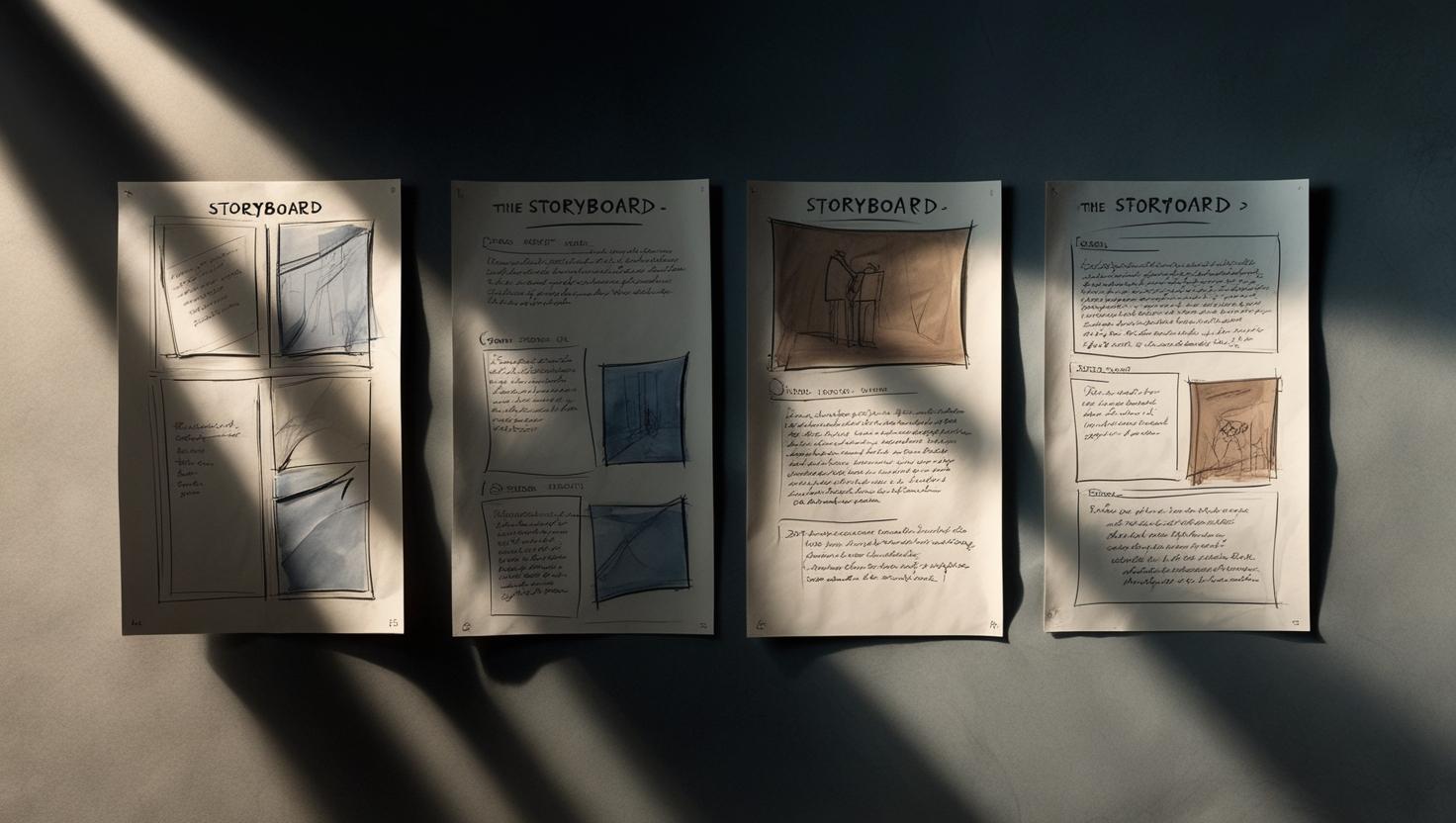During the Cannes Lions Festival it was announced that the advertising giant WPP would be going into partnership with iHeartMedia, one from the biggest audio companies in the United States. That means something. The race to see who will win the conversation with the client has also started in The Netherlands.
We spoke to Diederik Van Middelkoop, Executive Creative Director of Amp.Amsterdam, the sonic branding company, a partner of Voicebooking. He gave us a number of inspiring voice search insights, fresh from the Côte D’azur.
What does the partnership between WPP and iHeartRadio involve?
Diederik: ‘The partnership that WPP and iHeartRadio are starting out on is called Project Listen. It’s goal is to discover what technical and creative possibilities audio holds in the new era that is swiftly headed our way. So, it’s concerned with traditional radio, streaming podcasts, live events and smart speakers. That last category in particular, because naturally there is going to be all sorts of things happening there.’
Where are we with Voice at the moment?
‘As of today there are 2.2 billion devices in circulation that can have voice control capacity. In the U.S. 32% of households have a smart speaker in the home. In our country that is only 6% of households at the moment. It’s expected that the penetration of voice assistants will happen many times faster than that of the smartphone.’
How are you responding to that yourself?
‘Just as WPP and iHeartMedia are working together to uncover the technical and creative boundaries [of voice] we have partnerships here too. For example at Amp.Amsterdam we are a part of EARR. That is a group of four companies, active in audio, engagement and conversation. Embot is allowing voice assistants and chatbots to talk like real people.
Readspeaker is working on an innovative text-to-speech solution. And Robocopy develops dialogue for chatbots and voice assistants which are helpful, realistic and persuasive. Together we help brands to decide what their sonic branding will sound like. Because without images, visual identity and physical presence, there are only voices, sound effects and music to represent your brand.’
What else was of note at Cannes?
‘Another talking point at Cannes was the effectivity and measurability of communication efforts. We in the music industry need to formulate a good response to that too. That’s a challenge, because music is emotion and is very dependent on that gut-feeling. The composition or purchase of music for example requires large investments. So brands want to know, preferably in advance, what ROI can be expected. So, we’re also in talks with parties that offer predictive analysis, such as neuro-imaging.
We see at Cannes that consultants are increasingly making their presence felt. They fulfil a different role for clients than communications agencies, I think. They approach things more from the business goals angle, on a continuous basis and are more results oriented. Fortunately, we have good insight into what our client’s client would like to listen to and how to get the best effect, thanks to the data we get from our partner Universal, for example.’
Is the focus more on creativity or more on tech?
‘You still see really good ideas in film and print at Cannes. But increasingly creativity has to do with innovative uses of technology. That should never be a trick, in my opinion. It has to be really relevant. Simplicity and transparency are also key-words. From my point of view, an invention such as the gender-neutral voice misses the point. It feels strange if you can’t recognise a voice as male or female. It’s not human, because we don’t recognise it.
It is impressive that the technology can already do that, but who does it serve? In The Netherlands you see brands such as Albert Heijn and KLM are already doing good things with voice assistants. They’re able to offer logical and accessible services; like doing your groceries or searching for flight information. However, if it’s about financial matters or your health, then it gets more complicated. How does your brand sound? Do you choose a male or female voice?
How fast and with what tone of voice should the actor speak? How do you have a conversation that feels natural and which lets the client hear what they need to as quickly as possible. It is in large part virgin territory and really fascinating to explore with our clients.
How do we defend ourselves against Amazon and the like?
‘I think we’re now seeing a race between, on the one hand, brands that want to position themselves well in the voice search domain and on the other hand, e-commerce parties like Amazon who actually cut them off because of their consumer ownership. In the U.S. 50% of every dollar spent online already goes to Amazon.
And what do you see then? Take for example Duracell batteries. A brand that in the physical world is market leader among batteries, but if I order via Amazon I get an own-brand or another brand altogether. Then we’re talking monopolies and unfair competition.
The reality is actually: convenience always wins. We see it too with social media. We know that our data is being sold as a commodity. We know that we’re being manipulated. Still we can’t part ways with social media because it is so handy, and so much fun. We see the same struggle with voice search. Now in the U.S. and later in Europe and The Netherlands.’
In short, there are new routes emerging in the customer journey; a totally new touchpoint that compels brands to develop a voice-first strategy. For anyone interested in experimenting, Voicebooking can offer the voice over generator. With it you can quickly generate different voice overs and test them out, for free, to see which works best for voice search.
Music, voice and sound have enormous power to make contact with people in an emotional way. For brands this offers big opportunities. If you would like to chat more about them, you’re welcome at Voicebooking and our partners, including Amp.Amsterdam, the sonic branding company.
Want more to read? Find all of our ebooks here:
52 tips for writing persuasive voice over scripts
15 practical tips – The do’s and don’ts of in-house production
23 tips: here’s how to increase your submission’s chance of a film festival win
What to look for in a voice over who works remotely – A practical checklist for working with a voice actor online
E-Learning courses with impact – 20 practical tips for creating an effective e-learning course




